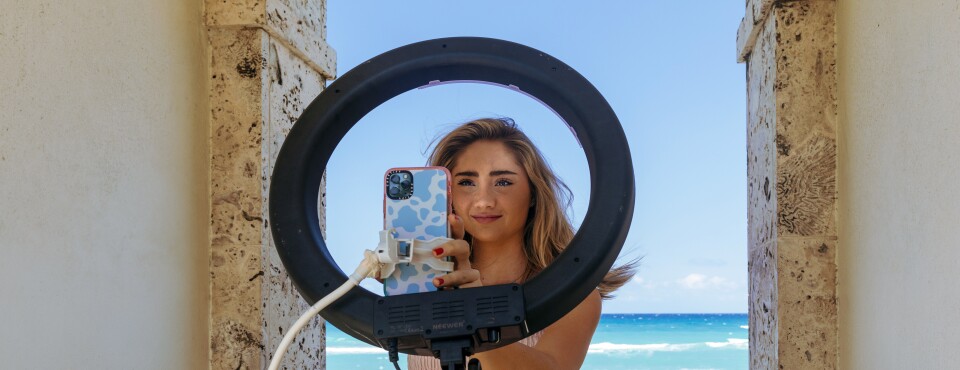
"A well-drafted agreement can mitigate much of the potential for conflict. Attorneys should work closely with the brand's marketing team to understand the goals and logistics of the campaign."
"The brand must have internal processes for continued monitoring of influencer content in a similar manner as you would any other advertisements to ensure legal compliance."
"The contract should clearly outline the period that the influencer can't work with competitors, as well as the scope of that exclusivity."
"Because an influencer may be exposed to information about the brand, confidentiality must clearly be laid out in the agreement."
Influencer marketing carries risks relating to legal and regulatory issues, necessitating well-drafted agreements to minimize conflicts. Key components include brand approval for posts, removal rights within a specified timeframe, exclusivity terms detailing competitor restrictions, and clear confidentiality agreements. Attorneys should collaborate with marketing teams to ensure that contracts accurately reflect the campaign's intentions. This clarity in agreements enhances compliance and minimizes disputes by specifying restricted competitors and outlining monitoring processes for legal compliance.
Read at Bloomberglaw
Unable to calculate read time
Collection
[
|
...
]